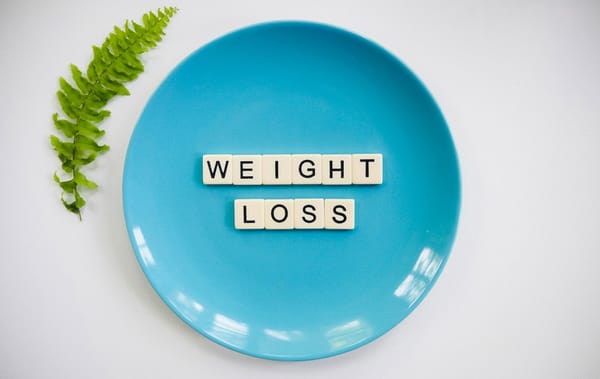Can TDEE Be Used to Optimize Your Immune System? A New Approach to Nutrition

It seems that a new approach to nutrition could answer this question. In this regard, understanding your Total Daily Energy Expenditure (TDEE) will enable you to optimally fuel the body for immune function. Currently, a lot of the work on TDEE is centered around weight management and athletic performance. What is also important, though, is that it has a role to play in immune function. In order to perform these basic tasks, calories and nutrients need to be in just the right balance so that immune cells will function well, and that there will be some reduction in inflammation and help from the body itself to stand up against infections.
Understanding TDEE Components
TDEE dictates how many calories you burn in a day. This is further divided, for explanation purposes, into BMR:
- The Basal Metabolic Rate (BMR): This refers to the energy required to perform involuntary functions necessary for sustaining life, such as breathing, heart pumping, and blood circulation in body processes.
- The Thermic Effect of Food: This refers to the number of calories burned as a consequence of the ingestion and digestion of food and the absorption of nutrients.
- The Physical Activity Level: This is the amount of energy used during exercises and movements carried out within a day.
- Non-Exercise Activity Thermogenesis (NEAT): This is the energy output not associated with physical activities, such as walking and fidgeting throughout everyday activities.
Having the right kind of TDEE helps a body's energy balance in such a way to support fundamental processes, one of which is an immune response.
When Discussing Immunity, Calorie Intake Is Most Influential
Two ways in which the intake of calories could impact immunity are during too low or too high ingestion:
- Insufficient Calories Resulting in Weakened Immunity:
A person may easily be susceptible to an infection if their calories are low; immune function is also low. A calorie deficit will result in:
- Inhibited production of white blood cells that are active in fighting infections.
- Compromised antibody production by B cells that will help to eliminate viruses.
- Increased inflammation from stress hormones like cortisol.
- Excess Calories and Inflammation:
Intake of excess calories results in low-grade chronic inflammation, which is a contributor to the onset of autoimmunity and metabolic diseases; consumption of processed food can be the main culprits.
Macronutrient Distribution and Immune Health
The way your macronutrient intake is set up can either aid or detract from your immune system.
- Carbohydrates:
Dependable energy for immune cells. The source does count though; whole grains, fruits, vegetables—they are the main sources of fiber and antioxidants. These will support gut health, which is a key part of immunity.
- Proteins:
Important in making all antibodies and immune cells. Aim for lean sources of protein. This might include:
- Chicken, turkey, and fish
- Eggs
- Legumes and beans
- Greek yogurt
- Healthy Fats:
The omega-3 fatty acids found in fatty fish, nuts, and seeds are good to help with immune cell function by reducing inflammation.
Micronutrients Role in Immunity
Besides the macronutrients, there are certain vitamins, alongside minerals, also important for the health of an immune system.
- Vitamin C: Helps in the production of white blood cells and reduces oxidative stress.
- Vitamin D: It acts as a regulator of immune responses and in maintaining the risk of infections.
- Zinc: Supports wound healing and immune cell function.
- Iron: Transfers oxygen to immune cells.
TDEE, Stress, and Immunity
This is particularly so in the case of chronic stress, during which cortisol levels are abnormally high. This leads to immune suppression. Appropriate nutrition and caloric balance are instrumental in helping modulate stress responses and support overall well-being.
How TDEE Can Be Altered in Order to Enhance Immunity
- Balanced Caloric Intake:
Your caloric intake should be contiguous with your TDEE. This will help to ensure constancy of defenses towards infection/predation by giving the appropriate amount of energy for immune defense functions.
- Whole-Foods Priority:
Downplay processed foods and increase the amount of nutrient-dense meals you take for healthful provision of vitamins and minerals.
- Ensuring Hydration:
Water facilitates the removal of toxins and helps with the digestion of food, which is vital for optimum immune function.
- Obtain Adequate Sleep:
Proper sleep regulates the process of the immune system while helping its recovery. Poor sleep could metabolically disrupt an individual and pantomime the road of least resistance to the faulty immune process.
- Stress Management:
Chronic stress will hinder your immune response. Some people use meditation or deep breathing techniques to relax.
Conclusion
By optimizing TDEE through an adequate caloric intake, focused attention on the right nutrients, and stress management, a body can be made even more powerful to withstand infections and maintain overall health.



